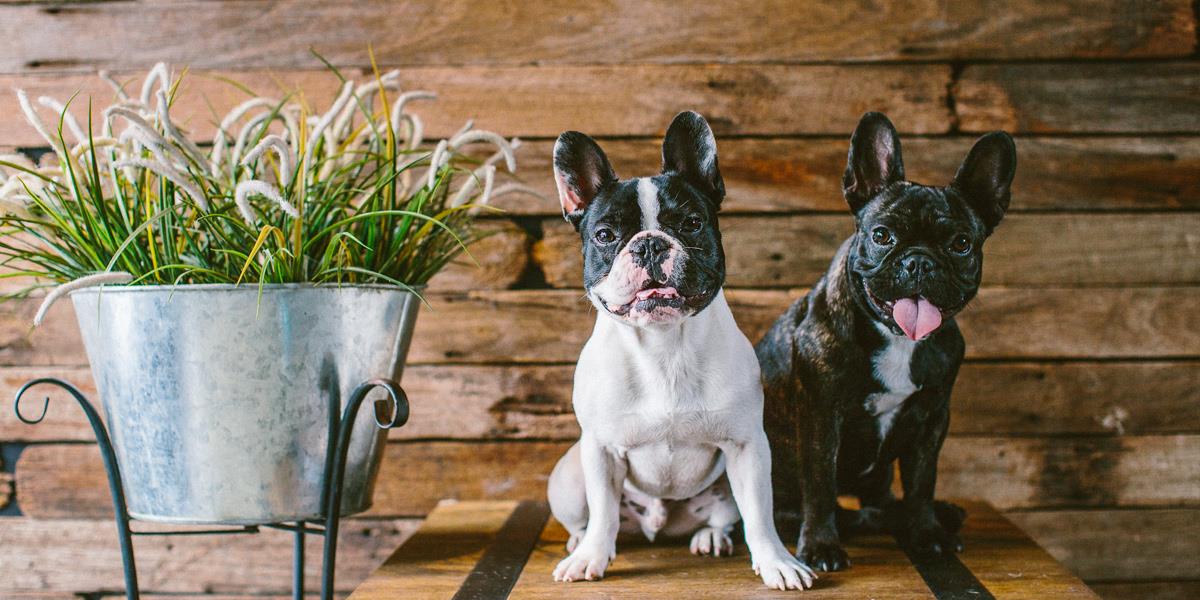
Day Care .Please select BOOK A CLASS for all daycare bookings.
Assessment is required before any daycare sessions. Please call 0435 766 230 for more information.
|
|
Walk and Visits . |
65 McLachlan Avenue, Darlinghurst, NSW, 2010
0435 766 230 (Mobile) +61 2 9332 2338
|
Monday
Tuesday
Wednesday
Thursday
Friday
Saturday
|
7:30am - 6:30pm
7:30am - 6:30pm
7:30am - 6:30pm
7:30am - 6:00pm
7:30am - 6:30pm
9:00am - 2:00pm
|
65 McLachlan Avenue, Darlinghurst, NSW, 2010
0435 766 230 (Mobile) +61 2 9332 2338